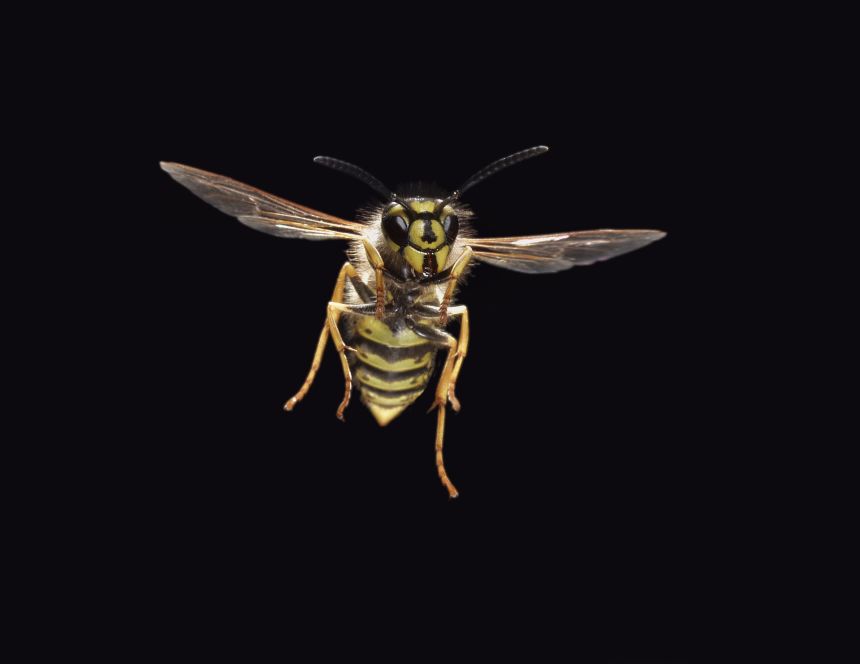Six months after he published “On the Origin of Species,” Charles Darwin wrote a letter to his friend, Asa Gray. He was troubled by a family of parasitic wasps, the ichneumonidae, that lays its eggs in the body of another insect, such as a caterpillar; when the young hatch, they devour the host. “I cannot persuade myself that a beneficent and omnipotent God would have designedly created the Ichneumonidae,” he wrote. The creature is cited as one of the factors that led him to question divine creation.
Hatred of wasps goes back thousands of years — Aristotle denigrated them as “devoid of the extraordinary features” which bees possess. But Seirian Sumner, professor of behavioral ecology at University College London (UCL), wants to show there’s more to wasps than meets the eye. She has devoted her career as a zoologist to studying the insects; she has written a book on them, and even her Instagram handle is “waspprof.”
She was involved in the recently opened World of Wasps exhibition at the UCL Grant Museum of Zoology in London, which hopes to “reveal the unseen lives of wasps.” Speaking to CNN from the exhibition, Sumner gave her top five reasons why we should all love wasps as much as she does.
“Wasps are nature’s pest controllers. A world without wasps would mean that we would be inclined to use more chemicals to control the populations of the other insects and creepy crawlies that we don’t like: caterpillars, aphids, spiders, beetles – you name it – there is a wasp that hunts it. So wasps are really important top predators in regulating all of those insect populations within the ecosystem.”
“Bees sting and yet we tolerate that because we know what they do. We understand that they’re important in ecosystems as pollinators. Wasps are equally important.
Continue reading the complete article on the original source



